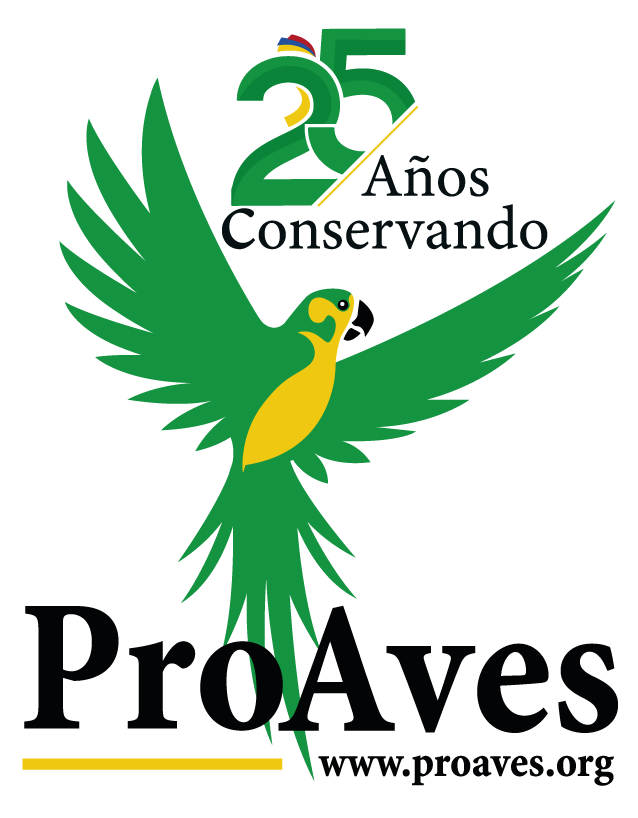Thursday 10 November 2011.
Wetlands are ecosystems of great importance; they are regulators of the water cycle, control and prevent flooding, contribute to the recharge and discharge from aquifers, retain sediments and nutrients and act as reservoirs. Unfortunately, global warming, pollution, the buildings around them, the dumping of garbage, debris and household spills constitute a major threat to wetlands in Bogotá endangering the species that inhabit these ecosystems.
During these days of bird watching the wetlands of Jaboque, in the locality of Engativá, El Burro, in the locality of Kennedy, Cordoba and La Conejera, in the locality of Suba were visited. There, attendees were able to recognize the plant and animal species that inhabit these places; they also developed recreational and educational activities, emphasizing the importance of protecting these ecosystems.
[slickr-flickr search=”sets” set=”72157627990242748″ items=”20″ type=”gallery”]
Wetlands are home to more than 200 species of birds, including 4 endemic: the Apolinar’s Wren (Cistothorus apolinari), the Spot-flanked Gallinule (Gallinula melanops), the Bogotá Rail (Rallus semiplumbeus) and the Ruddy Duck (Oxyura jamaicensis).
86 species of migratory birds seek food and refuge in the wetlands of the Savannah of Bogotá: Blue-winged tead (Anas discors), Purple Gallinule (Porphyrio martinica), Lesser Yellowlegs (Tringa flavipes) and Solitary Sandpiper (Tringa solitari).
Unfortunately, the species most affected by the deplorable conditions found in the wetlands are the birds, especially migratory birds, they travel thousands of miles from their breeding sites in North America or the southern tip of South America to meet highly contaminated, damaged ecosystems, addressing this concern, ProAves supported by Loro Parque Fundación in conjunction with Fundación Humedales, conducted these activities in order that we recognize the importance of conserving and protecting them.

